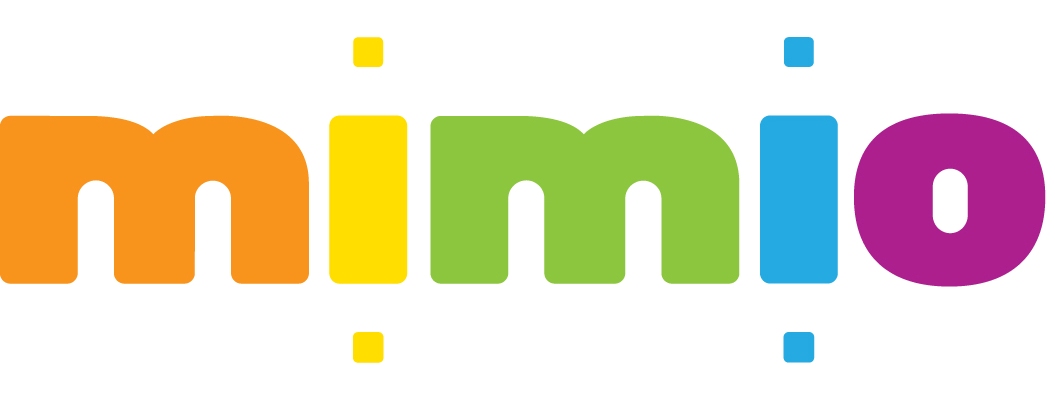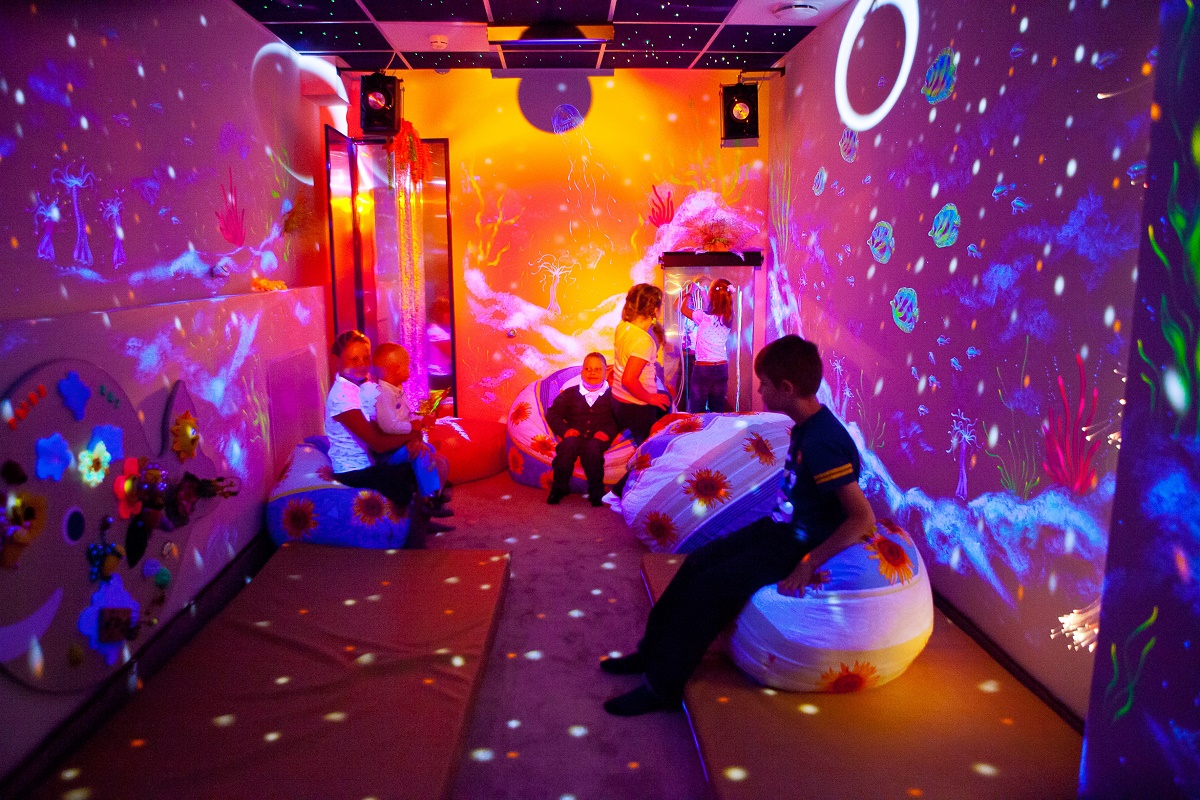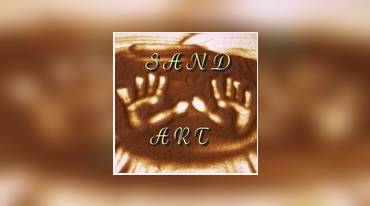Even while more individuals access fundamental monetary solutions, a segment that is large of populace continues to be economically hidden.
The sheer number of US families without a banking account dropped to about 9 million in 2015, the rate that is lowest on record considering that the Federal Deposit Insurance Corporation began gathering information in 2009. Nevertheless, around 24 million households are considered underbanked, and thus they’ve checking accounts but nevertheless depend on alternative services—such as pawn shops, check-cashing operations, and payday or auto-title loans—for their credit and money requirements. And that quantity, a report that is new, hasn’t improved much at all into the previous several years, meaning that tens of an incredible number of Americans still challenge without use of fundamental economic solutions.
People in the us with restricted usage of old-fashioned banking and credit solutions (or no access at all) have actually very long been over looked in the us, despite collectively getting back together one or more quarter of all of the households. It had been just seven years back that the FDIC also began performing surveys that are bi-annual regulate how big the populace ended up being and whether or otherwise not https://fastcashcartitleloans.com/payday-loans-ky/ bank accessibility ended up being enhancing. An increasing understanding of the high rates of interest and dangerous financial obligation rounds that numerous Us Us Us Americans face if they don’t have any other resources has placed stress on regulators to create improved ways to both protect and offer for many customers.
Around 7 % of all households don’t have a banking account, down from about 7.7 % in 2013, based on the FDIC. The absolute most reason that is common cited had not been having sufficient money to open and continue maintaining a checking account at a mainstream bank. It’s no real surprise, then, that about 50 % regarding the decrease into the population that is underbanked yesteryear couple of years ended up beingn’t because of alterations in the banking industry, but because some households began making more. This permitted them to start a merchant account and keep one open within the real face of monthly upkeep or overdraft costs.
The 9 million households that don’t have bank reports count mainly on money and, increasingly, prepaid debit cards, the report shows. Each of these choices come with major downsides. Making use of money without having a bank account ensures that individuals don’t have a lot of alternatives for investing, monitoring, and safeguarding their funds. And prepaid debit cards have already been demonstrated to consist of nebulous language that may disguise the fees, charges, and restricted legal choices that users may be agreeing to. The FDIC additionally unearthed that households that felt frustrated about trying to get credit from banks—for concern about being rejected—were more likely to show to alternate loan providers, such as for example payday or operations that are auto-title. And households which had formerly been rejected by banking institutions had been additionally very likely to look to alternative loan providers, whoever prices in many cases are greater and whoever conditions and terms in many cases are less lenient. One of the unbanked, over fifty percent of participants stated that old-fashioned banking institutions weren’t at all enthusiastic about serving families like theirs.
The fact that some feel banking institutions aren’t thinking about serving their communities is troubling but unsurprising. The population that is underbanked mostly made up of Americans that are bad, black, or Hispanic. Numerous haven’t completed school that is high university. These are exactly the same populations that the US bank system has willfully alienated for generations through tangible policies such as for instance redlining and subprime-credit targeting. One of several FDIC respondents’ many commonly reported reasons behind avoiding banks—aside from maybe not having sufficient money—was they didn’t trust the bank operating system.
The Consumer Financial Protection Bureau issuing rules about how payday lenders and prepaid-debit-card companies can operate—few safe, mainstream alternatives have arisen to take the place of the costly and opaque services that so many families rely on while there has been progress in the efforts to tackle bad banking. That produces a dangerous space between the solutions presently given by conventional banking institutions together with actual requirements of tens of an incredible number of People in america.









